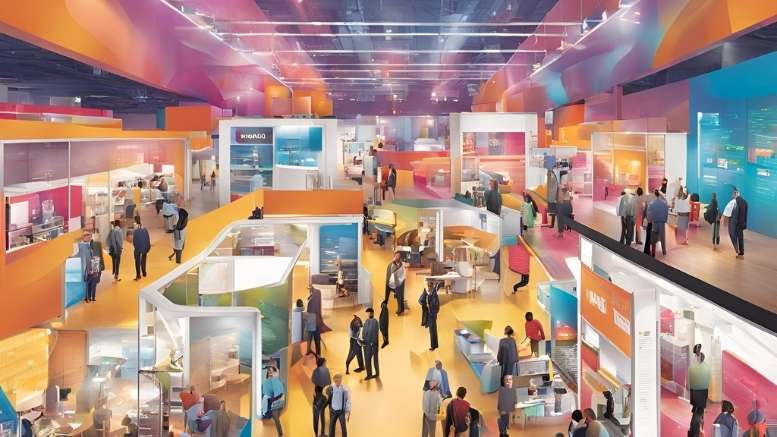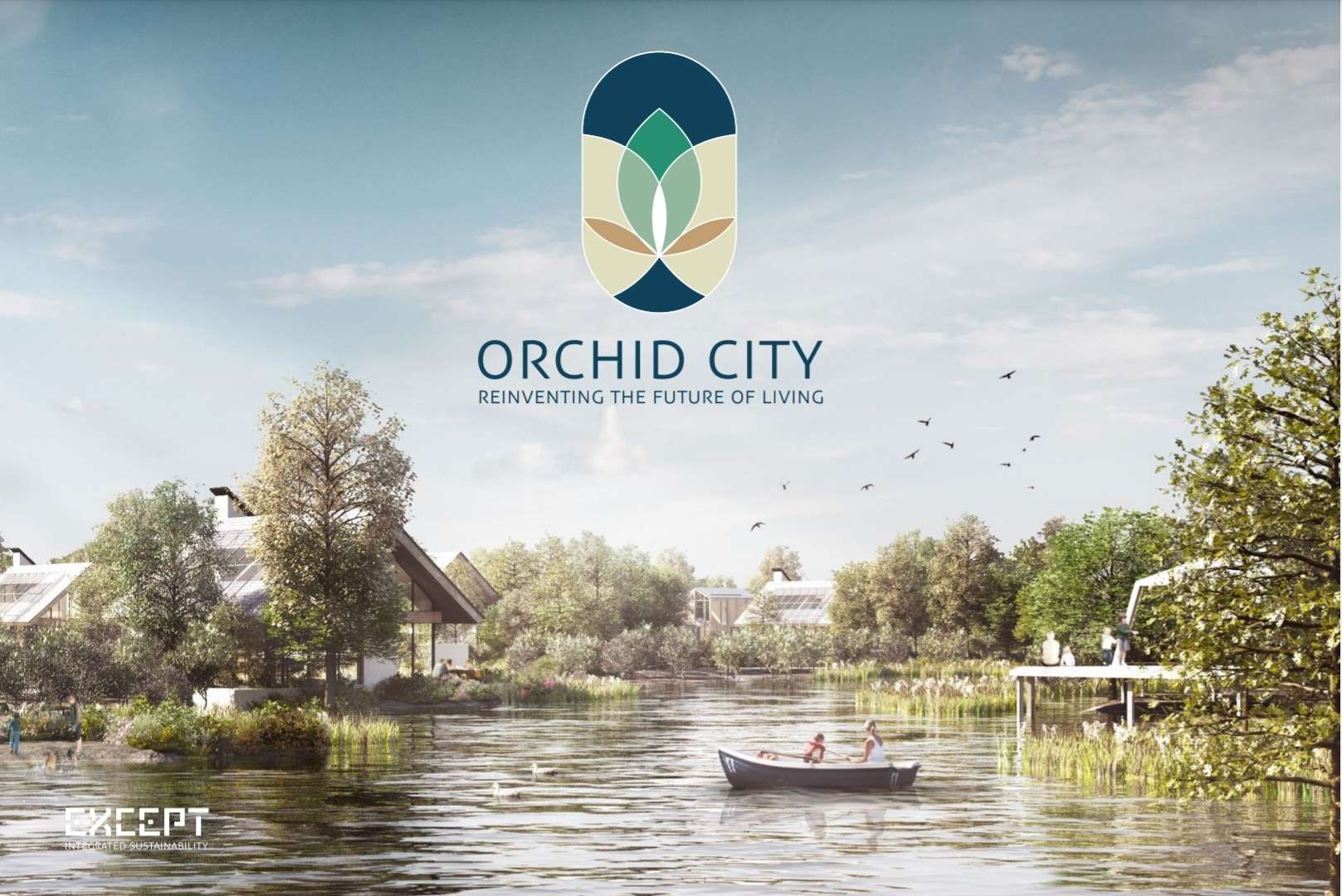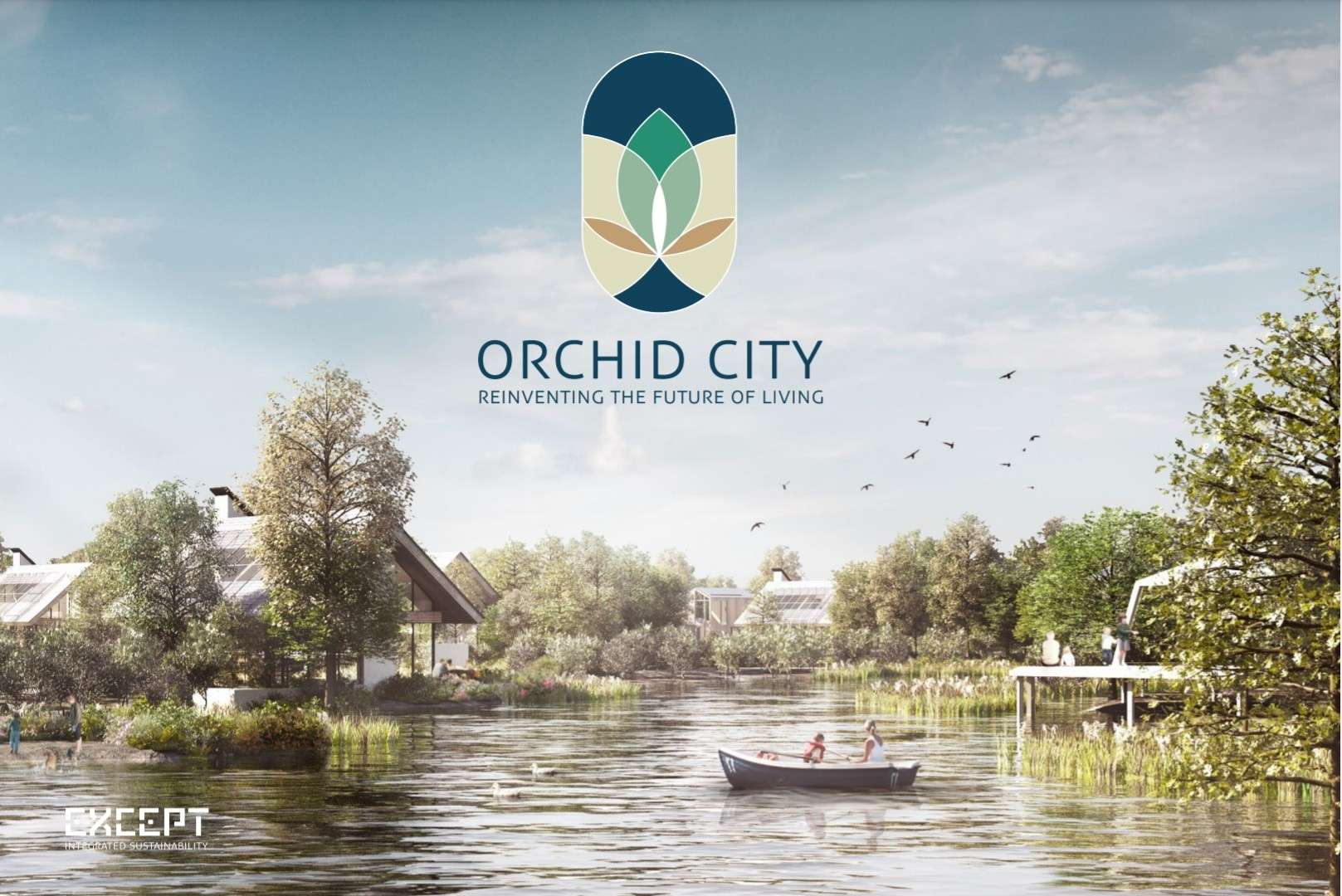Flip the Script
How localization can restore community health and prosperity

In a world that often feels dominated by sprawling globalization, faceless corporations, and top-down governance, a quiet yet powerful movement is rewriting the rules of how society thrives. This is the localization movement—a people-powered shift that is redefining economies, governance, food systems, public services, and even the meaning of community itself.
From urban rooftops in Brooklyn to regenerative villages in Kenya, from decentralized energy grids in Puerto Rico to citizen-run health networks in India, the movement toward local self-determination is reshaping lives, communities, and futures.
By Mobilized News editorial team
Global Problems, Local Solutions
The localization movement emerged not as a trend, but as a response to systemic failure. As climate change accelerates, economic inequality widens, and political trust erodes, communities across the globe have begun to ask a vital question: What if we could build the future from the ground up?
“Localization is not just about bringing services closer to home,” says Helena Norberg-Hodge, founder of the International Alliance for Localization. “It’s about restoring dignity, resilience, and connection in a world that has become dangerously disconnected.”
At its core, localization means empowering communities to control their own resources—food, water, energy, education, governance—rather than relying on distant institutions or extractive systems. And it’s not idealism. It’s already happening.
Feeding Ourselves Again
In South Korea, a growing network of “food sovereignty villages” has begun reclaiming native seed varieties, using regenerative farming methods, and building local seed banks that ensure long-term community food security.
In Detroit, the rise of urban farms and local food co-ops has not only created jobs and improved health outcomes, it has also empowered a new generation of Black and brown food leaders. Malik Yakini, co-founder of the Detroit Black Community Food Security Network, puts it bluntly: “This is about liberation. It’s about reclaiming our right to nourish ourselves.”
From Guatemala to Uganda, grassroots women-led cooperatives are transforming previously imported-dominated food systems into closed-loop, zero-waste, hyperlocal food webs.
Reclaiming Energy and Infrastructure
In Puerto Rico, where hurricanes have repeatedly shattered the central electrical grid, communities are turning to microgrids powered by solar and wind. Organizations like Casa Pueblo have created decentralized energy hubs—each one a beacon of resilience in a world of fragile supply chains.
In Bangladesh, community-managed solar microgrids have brought electricity to rural villages for the first time—without ever depending on national utility monopolies.
Meanwhile, in Boulder, Colorado, local residents voted to form their own municipal electric utility, designed to shift toward renewable energy sources and break free from fossil fuel-dependent corporations.
Health, Governance, and the Rise of Civic Power
Localization is also transforming public health. In India’s Kerala state, a decentralized health care model enabled local women’s groups to track COVID-19 outbreaks with astonishing efficiency, while distributing food and care to vulnerable households—long before central government systems responded.
In Jackson, Mississippi, the Cooperation Jackson movement is creating a democratic economy rooted in worker cooperatives, participatory budgeting, and a people’s assembly—a radical experiment in local governance with global implications.
And in Bristol, UK, the “City Leap” initiative is leveraging public-private partnerships to transition toward carbon neutrality, not through top-down edicts, but by crowd-sourcing solutions from residents and local businesses.
Why Localization Works
Localization succeeds not because it rejects technology or global connectivity—it thrives because it uses them differently. The focus isn’t on scale for scale’s sake; it’s on relevance, regeneration, and rootedness.
It’s about recognizing that:
- Local knowledge is intelligent knowledge.
- Small can be systemically powerful.
- Interdependence is smarter than independence.
Localization also builds resilience in a time of volatility. During supply chain disruptions, war, and climate disasters, communities with local food, local energy, and local cooperation rebound faster, with fewer casualties and greater cohesion.
A Quiet Revolution with Loud Results
According to a 2023 study from the Global Local Futures Network, localized economies not only reduce emissions and improve mental health—they also generate more jobs per dollar spent than centralized systems. A local bakery, a solar co-op, a neighborhood tool library: these are not just quaint ideas. They’re the infrastructure of the future.
The world doesn’t need to wait for someone to save it. In the shadows of broken systems, people are building the alternative—not with blueprints, but with relationships. Not with uniformity, but with diversity.
The Road Ahead
The localization movement is not a silver bullet—but it is a powerful set of practices that re-centers life where it happens: in neighborhoods, in families, in villages, in cities, and in ecosystems.
And the beauty of localization is this: it’s not just for someone else. It’s for all of us.
Whether it’s forming a community-owned broadband network, starting a neighborhood compost system, or creating a local alternative currency, localization invites everyone to participate.
This isn’t just a policy idea—it’s a revolution of belonging.
Call to Action: Be Part of the Local Future
- Join a local food co-op or CSA.
- Support your city’s efforts to transition to renewable energy.
- Organize a neighborhood tool library or repair café.
- Vote for policies that prioritize community ownership and regenerative systems.
- Start where you are. The local is not a limitation—it’s the launchpad.
“Think globally, act locally” was never a cliché. It was a roadmap. And now, more than ever, the world is ready to walk it.
Want to bring localization to your community? Visit localfutures.org, codeforamerica.org, or ilsr.org to get started.


















